With the Nobel Peace Prize set to be announced tomorrow (October 10), speculation is rife above the possible frontrunners.
Though US President Donald Trump has openly campaigned for the prize for years and the White House has even dubbed him the ‘Peace President’ during the Gaza talks, it remains highly unlikely he will get it this year.
A host of high-profile names are in the running including former Pakistani prime minister Imran Khan, the world’s richest man Elon Musk, the late Pope Francis and Anwar Ibrahim.
But will Trump win? And if not Trump, then who?
Let’s take a closer look:
Will Trump win?
First, it is important to note that anyone can be nominated for the Nobel Prize. However, those that nominate an individual have to meet a certain criteria – such as heads of state, members of government, former Nobel winners, and university professors.
The Nobel Committee, comprising five members and a secretary, has said that there are 338 candidates for this year’s Peace Prize. This includes 244 persons and 94 organisations – and a rise from 286 nominations the previous year. In 2024, Nihon Hidankyo, an Japanese activist group comprising survivors of the atomic bomb working for the end of nuclear weapons, won the Nobel Peace Prize.
Second, the committee never makes the names of its nominees public. The deadline to submit candidates for this year’s prize was January 31 – weeks after Trump returned to the Oval Office for his second term.
Though Trump has been nominated for the Nobel Peace Prize around a dozen times during his two terms – including by Israel’s Benjamin Netanyahu, Cambodia’s Prime Minister Hun Manet, Azerbaijan’s president, US Congressman Buddy Carter, lawmakers from Sweden and Norway and most recently by Pakistan’s Asim Munir – it remains unclear whether his name was submitted for consideration prior to this year’s deadline.
Experts say there is little chance that the US president will get his heart’s desire – with which he has been obsessed since the honour was bestowed on his predecessor then-President Barack Obama in 2009 this year.
"No, it will not be Trump this year," said Peter Wallensteen, a Swedish professor and expert on international affairs, has said. However, he could become a possible contender next year – if he manages to stop the Russia-Ukraine War or if lasting peace is achieved in Gaza.
“But perhaps next year? By then the dust will have settled around his various initiatives, including the Gaza crisis,” Wallensteen added.
Nina Graeger, the director of PRIO, a peace thinktank, told BBC, “The Trump administration has withdrawn from international institutions like the World Health Organization and the Paris climate accords, and if you look at Trump’s wish to take over Greenland from Denmark… this does not speak in favour of international cooperation."
She also pointed to the administration tamping down on protesters and critics. “I think these point in a non-peaceful direction,” Graeger added.
She also said it was impractical that Trump could possibly win this year.“It’s highly unlikely that the overnight developments in Gaza will influence the Nobel Committee’s decision tomorrow,” Graeger told Sky News. “By this stage, the laureate will already have been chosen, and speeches prepared ahead of Friday’s announcement.
Though Trump has claimed “everyone says I should get it”, even he seems resigned to the likelihood that it will not happen.
“They’ll give it to some guy that didn’t do a damn thing; they’ll give it to the guy who wrote a book about the mind of Donald Trump… it will be a big insult to our country.”
Ironically, previous US presidents Theodore Roosevelt, Woodrow Wilson and Jimmy Carter have all won the Nobel Peace Prize.
Now, let’s look at the other possible big names in contention
Pope Francis
The late pope, who passed in April, could be one of the possible contenders for the Nobel Peace Prize. Francis was nominated by Dag Inge Ulstein, a member of Norway’s Christian Democratic Party due to “his unstoppable contribution to promoting binding and comprehensive peace and fraternity between people, people groups and states.”
He was also previously put up for the prize in 2022. However, it must be noted that the Nobel Peace Prize has never been awarded posthumously – which has caused some consternation with Indians who point out that Mahatma Gandhi was never awarded the prize.
Elon Musk
Musk, the world’s richest man and self-described free speech absolutist, has also been nominated. The CEO of Tesla and SpaceX was nominated by Branko Grims, a European Parliament member from Slovenia.
Grims said he had nominated Musk for his defence of “the fundamental human right of freedom of speech and peace.” “The proposal that Mr Elon Musk, for his consistent support for the fundamental human right of freedom of speech and thus for peace, receives the Nobel Peace Prize 2025, was successfully submitted today,” Grims claimed at the time.
Anwar Ibrahim
Malaysia’s Prime Minister Anwar Ibrahim has also been floated as a possible peace prize winner.
Ibrahim was put up for the award by professor Dr Datuk Osman Bakar and professor Dr Phar Kim Beng who lauded “his commitment to dialogue, regional harmony, and peace through non-coercive diplomacy.” They also hailed his “timely role in the Thailand–Cambodia ceasefire.”
Imran Khan
Imran Khan, the former Prime Minister of Pakistan, who is currently in jail, was nominated by the Pakistan World Alliance (PWA), Norway’s Partiet Sentrum, a political party, has also thrown its weight behind Imran.
“We are pleased to announce on behalf of Partiet Sentrum that in alliance with somebody with the right to nominate, we have nominated Imran Khan, the former prime minister of Pakistan, to the Nobel Peace Prize for his work with human rights and democracy in Pakistan," the party wrote on social media. Imran was previously nominated for the Nobel Peace Prize in 2019.
Volodymyr Zelenskyy
Ukrainian President Volodymyr Zelenskyy is tipped to be one of the favorites, according to bookies. Zelenskyy, a former comedian, has been at the helm of his country all throughout Russia’s invasion of Ukraine.
Many within Ukraine continue to see him as an inspiration, though there are murmurs about his leadership and the war continuing to drag on.
Yulia Navalnaya
Yulia Navalnaya, the widow of ex-Russian Opposition leader Alexei Navalny, is also said to be in the running. Navalny, a fierce critic of Russian President Vladimir Putin, was detained by the authorities after flying back from Germany to Russia in 2021.
This came months after he collapsed on a plane in what authorities said was a nerve gas attack. Navalny died in a prison in Russia after ostensibly being poisoned, which authorities have denied.
Sudan’s Emergency Response Rooms
Other than Gaza, there is perhaps no humanitarian crisis which is worse than Sudan. The country continues to witness clashes between the National Army and several militia groups. People have been displaced, there is acute hunger and reports of sexual violence and torture abound.
Emergency Response Rooms (ERRs) have answered the call, providing food, counselling and safety for victims of sexual violence and education for children. Today, there are hundreds of such centres across Sudan.
Doctors Without Borders
Doctors Without Borders , also known as Médecins Sans Frontières (MSF), could be another worthy contender. The non-governmental organization has been running its clinics in Gaza, which Israel has been bombing mercilessly, for the past two years.
MSF has said 15 of its staff have been killed during the conflict in Gaza – three alone during the last three weeks. Israel has repeatedly said it does not target doctors and aid workers. It accuses Hamas of embedding itself with civilians.
Committee to Protect Journalists
The Committee to Protect Journalists (CPJ) could also win the award. The organisation has accused Israel of “engaging in the deadliest and most deliberate effort to kill and silence journalists that CPJ has ever documented.”
The CPJ has highlighted the unique dangers Palestinian journalists face while reporting on the war in Gaza. It has also documented the killing of journalists in Yemen, Lebanon and Israel.
UNHCR
The Nobel committee could also give the ward to the Office of the United Nations High Commissioner for Refugees (UNHCR).
Filippo Grandi, the chief of the agency, pointing to events in Gaza, the West Bank, Ukraine, Sudan and Myanmar, accused countries of abandoning the laws of war. Grandi, who is set to step down in December, called out the deportation practices in the United States and the current discussion about refugees in Europe.
The UNHCR previously won the Nobel Prize twice – in 1981 and 1954. It was founded in 1950.
UNRWA
United Nations Relief and Works Agency for Palestine Refugees in the Near East (UNRWA) could emerge with the prize.
Established in 1949, UNRWA provides schooling, healthcare and humanitarian aid in Gaza, the West Bank, Jordan, Syria and Lebanon. It is funded almost entirely by UN member states.
However, several countries including the US halted UNRWA funding after Israel alleged that staff members were involved in the attack.
Office for Democratic Institutions and Human Rights
Office for Democratic Institutions and Human Rights (ODIHR) could also be in the running. Based in Warsaw, it is one of the four big rights bodies across the world. It has offices in Europe, the Caucasus, Central Asia and North America. It encourages democratic elections, respect for human rights, tolerance and non-discrimination, and the rule of law.
The ODIHR recently called on the Georgia government to respect the freedom of Assembly and human rights.
International Court of Justice
The International Court of Justice, which was established in 1945, could also be the winner. The court is the principal judicial organ of the United Nations. It is currently hearing a case against Israel, brought by South Africa, over its conduct during the Gaza war. However, its final verdict could take years to be delivered.
International Criminal Court
The International Criminal Court is another possible contender.
The court last year had issued arrest warrants for Israeli Prime Minister Benjamin Netanyahu and his former Defence Minister Yoav Gallant for crimes they allegedly committed in Gaza – claims which Israel has dismissed.
The Trump administration has responded by slapping the ICC’s top prosecutors and others at the court with sanctions.
However, it must be noted that the court’s chief prosecutor, Karim Khan, has stepped aside from his position while an independent panel investigates sexual misconduct claims made against him.
‘Pressure isn’t new’
Regardless of who eventually prevails, the Nobel Prize committee seems unfazed by the pressure. “We discuss, we argue, there is a high temperature,” Jorgen Watne Frydnes, chairman of the Norwegian Nobel committee, told BBC. “But also, of course, we are civilised, and we try to make a consensus-based decision every year.”
“Every year, we receive thousands of letters, emails, requests, people saying ’this is the one you should choose’ – so to have that campaign, the pressure… isn’t really something new,” he added.
“We feel that the world is listening, and the world is discussing, and discussing how we can achieve peace is a good thing. And we have to stay strong and principled in our choices… that’s our job.”
In fact, Asle Toje, the deputy leader of the present Norwegian Nobel Committee, has indicated that Trump’s incessant claims may in fact have reduced his chances of winning.
“These types of influence campaigns have a rather more negative effect than a positive one,” Toje told Sky News. “Because we talk about it on the committee. Some candidates push for it really hard and we do not like it.”
“We are used to working in a locked room without being attempted to be influenced. It is hard enough as it is to reach an agreement among ourselves, without having more people trying to influence us.”
Experts say a safe pick is likely this year.
“My hunch would probably just perhaps be for a not that controversial candidate this year,” Halvard Leira, director at the Norwegian Institute for International Affairs has said. Leira pointed to the committee’s recent picks – groups promoting human rights, democracy, freedom of the press and women.
The suspense will end at 2:30 pm tomorrow when the committee announces its winner.
With inputs from agencies


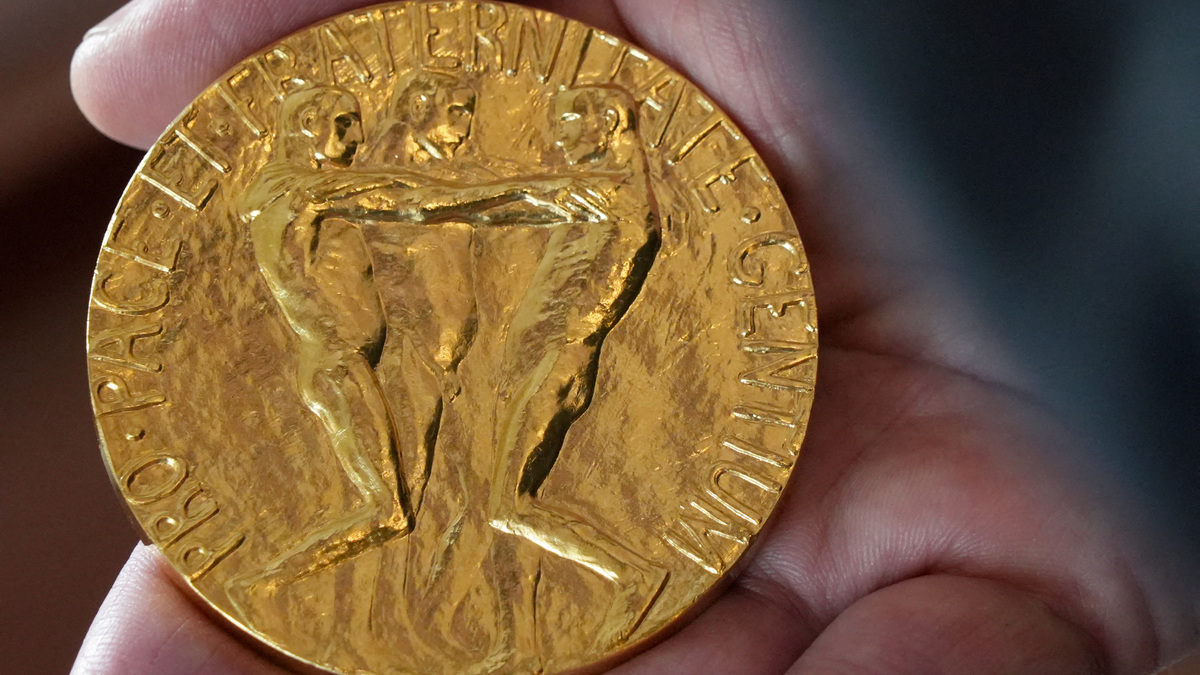)
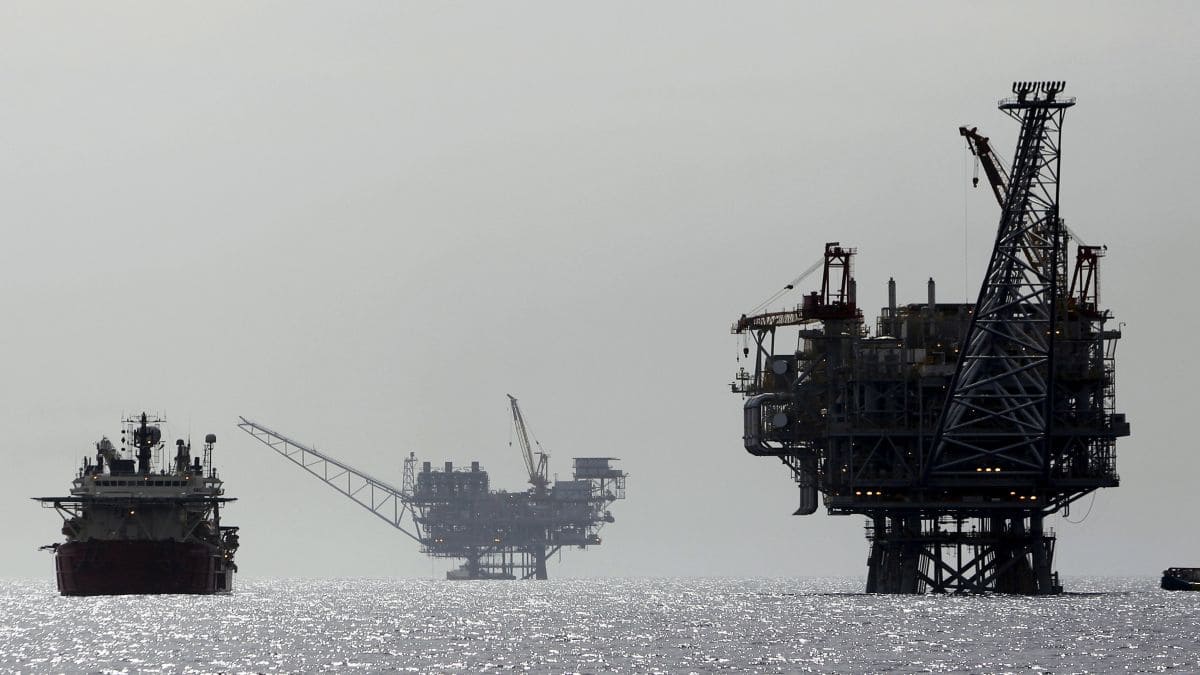
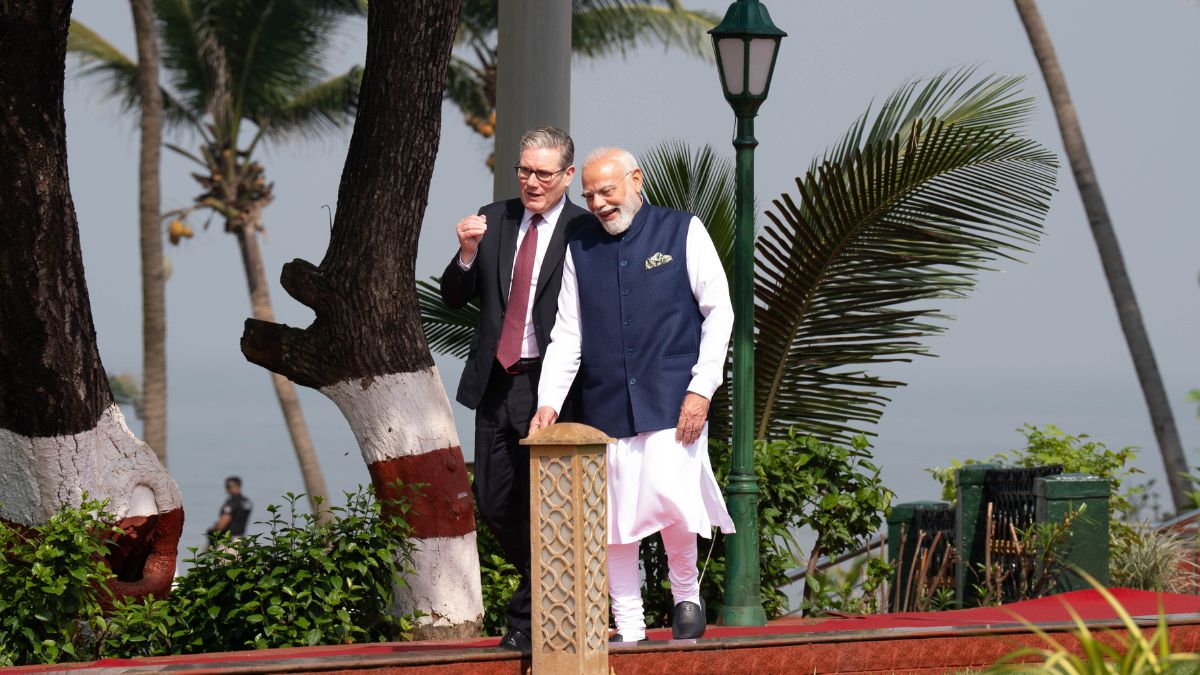)
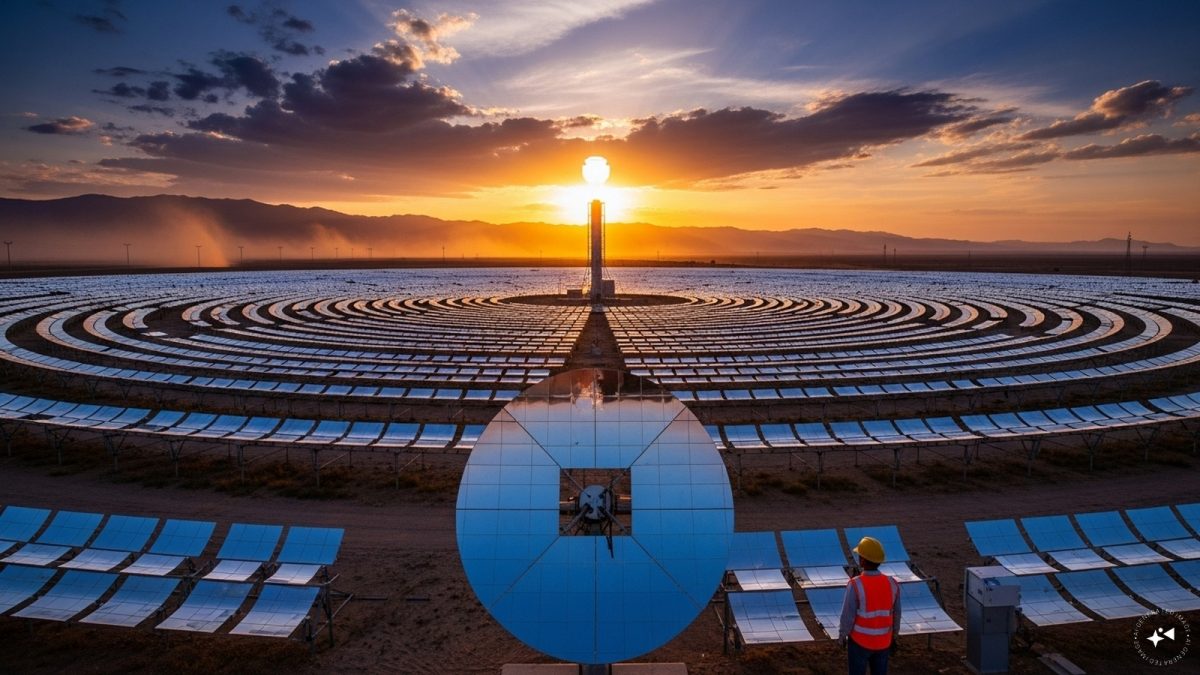)
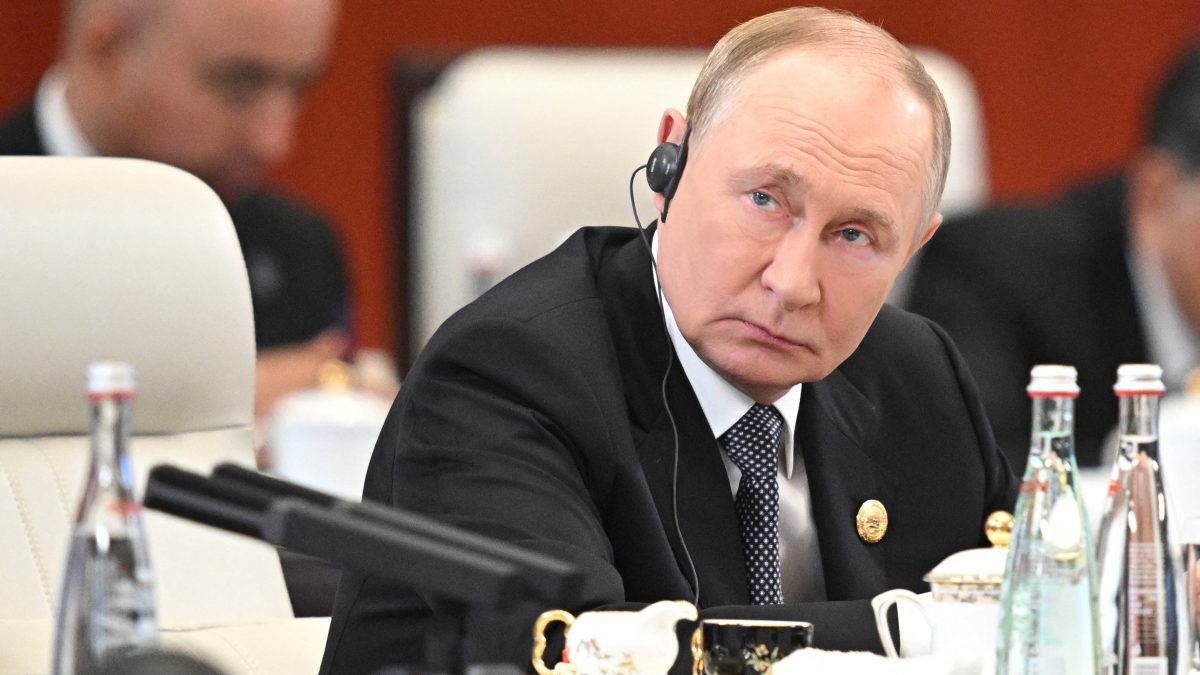)
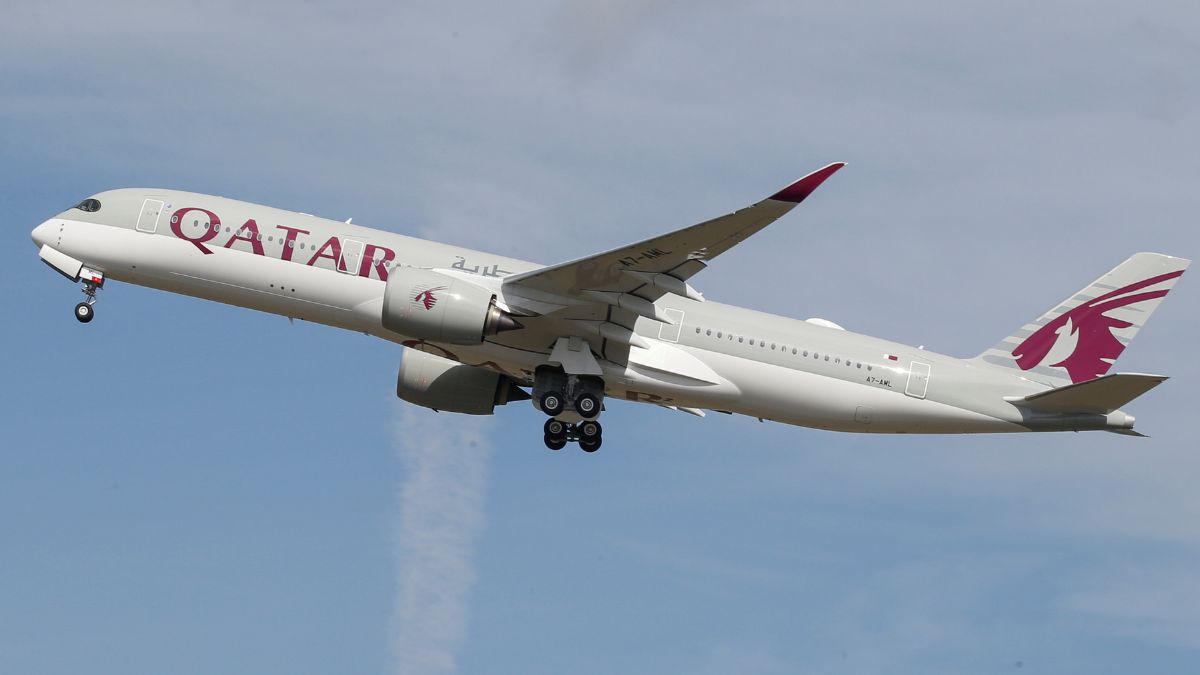)
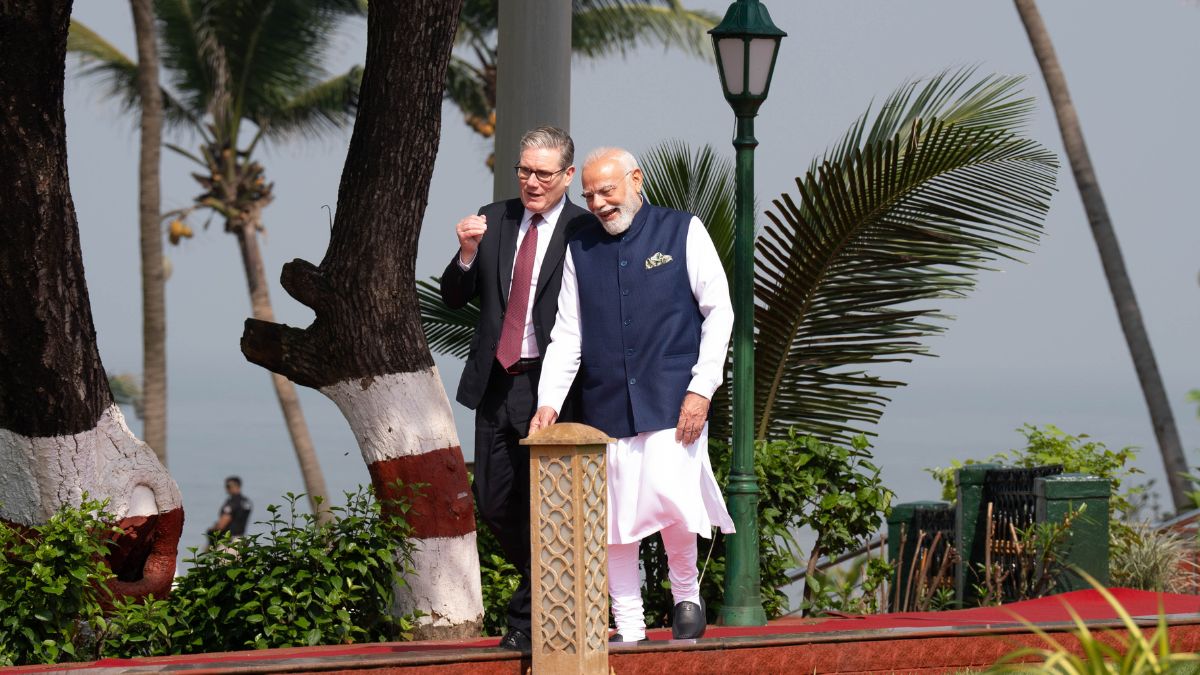)
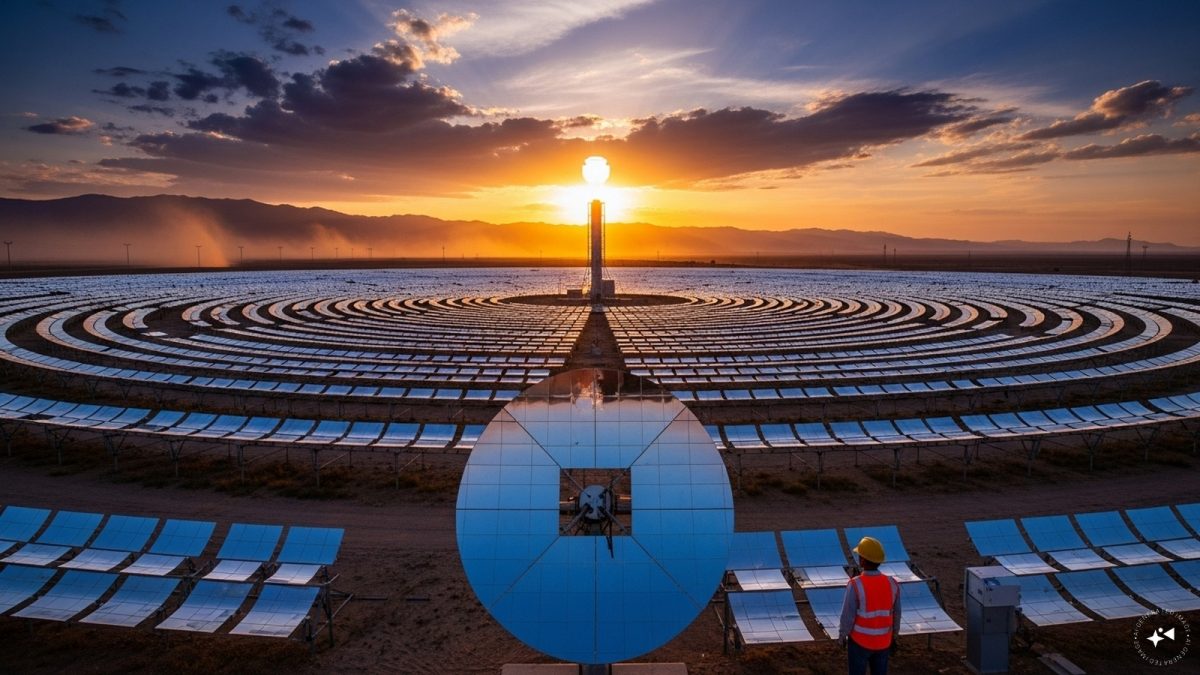)
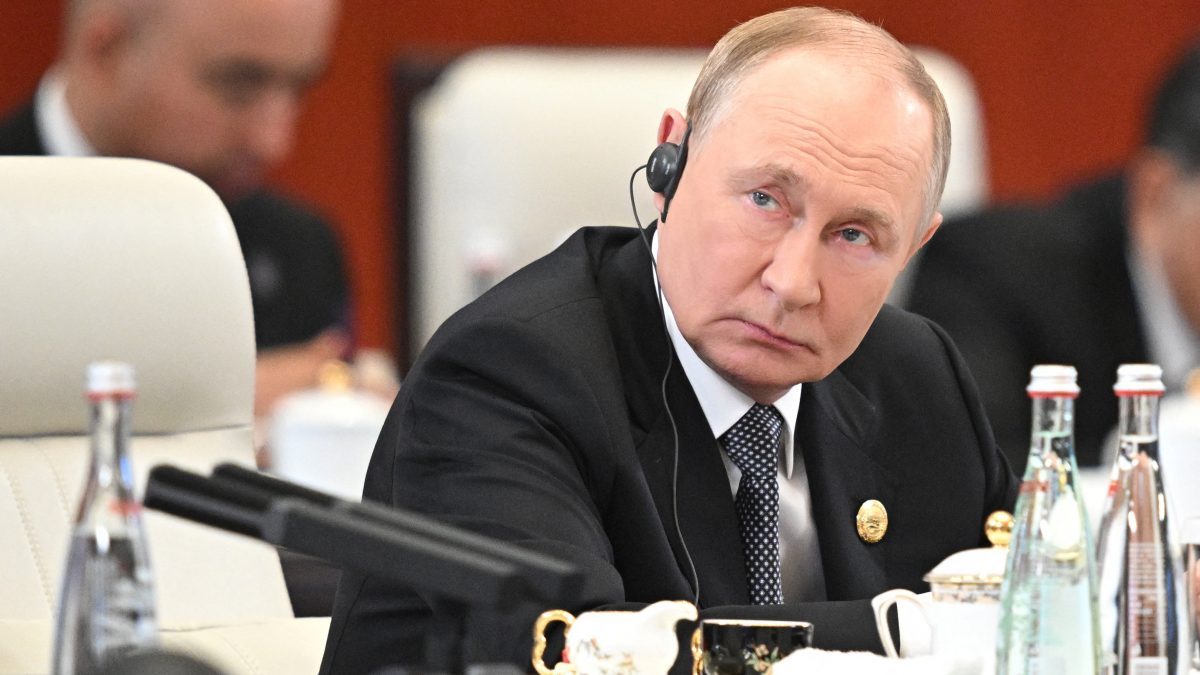)
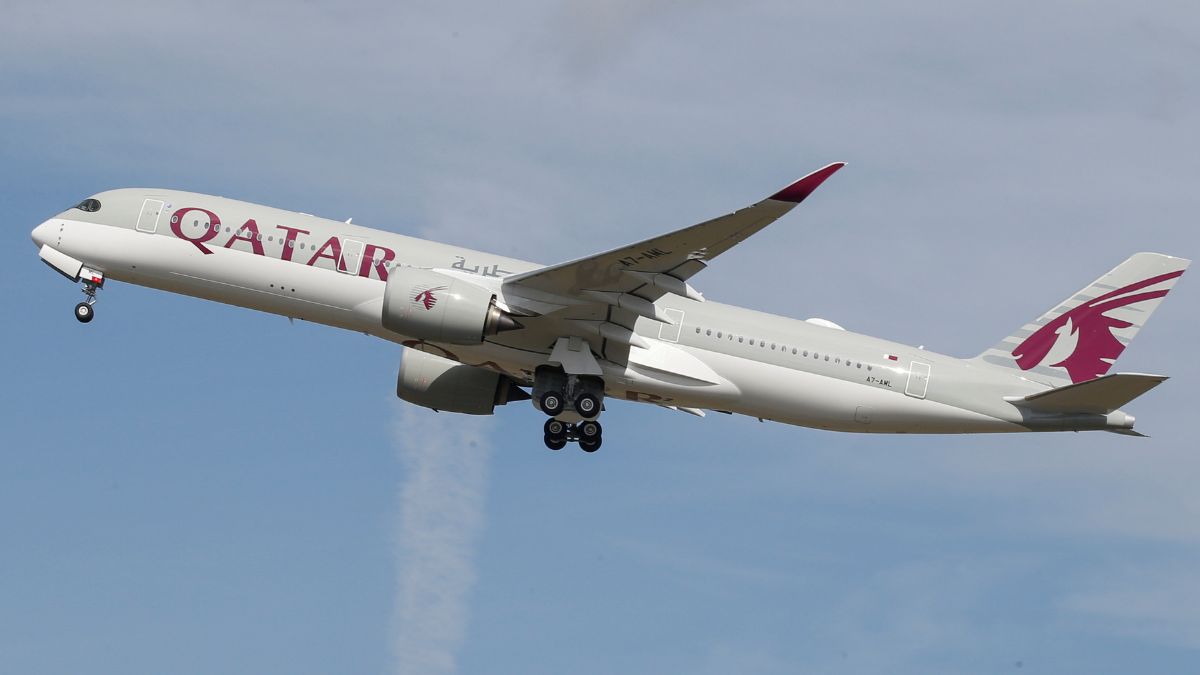)



